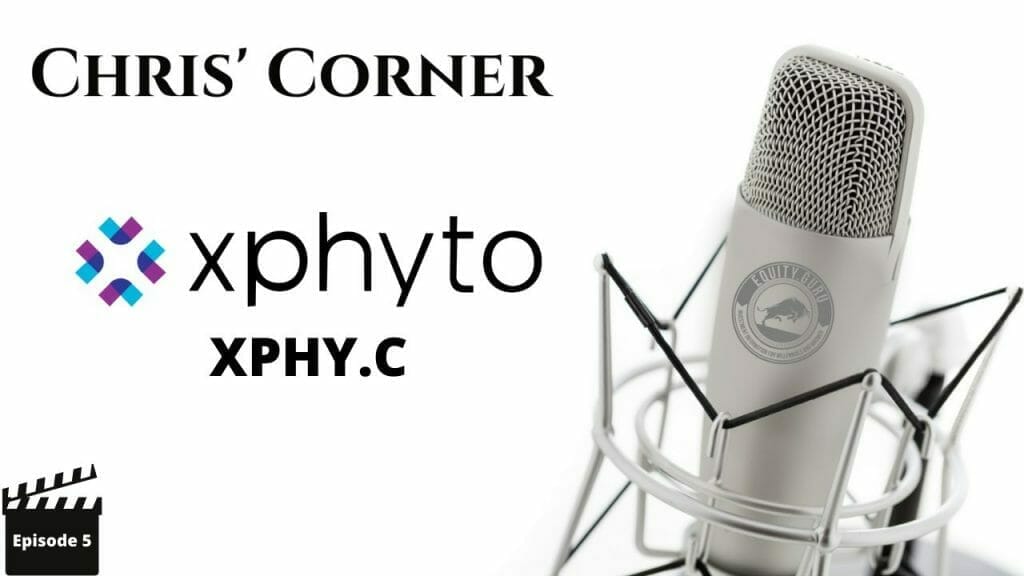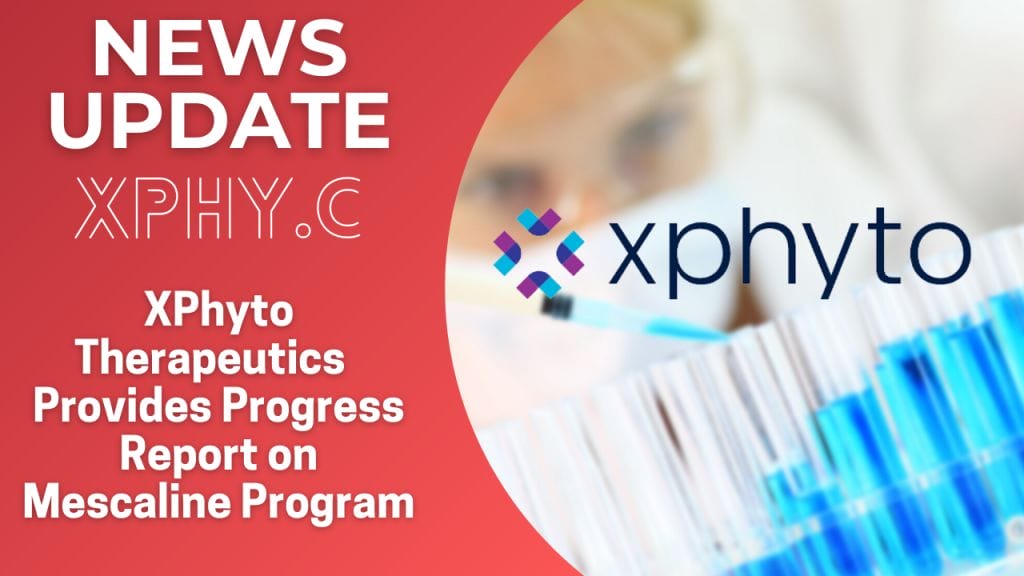Biotech companies especially those tackling Covid-19 are seeing incredible bumps on the boards with companies like Canadian Sona Nanotech (SONA.C), based out of Halifax, Nova Scotia, experiencing a 175% jump from $3.13 a share to $8.61 per share after announcing validation results for its Covid-19 antigen test last Thursday.
Sona’s rapid detection lateral flow assay solution operates somewhat like a pregnancy test and has a test specificity of 96%, meaning out of 30 negative samples, there was only one false positive.
The sensitivity of the testing works on patients with low viral loads in 10-15 minutes.
Meanwhile the diagnostic partner of Vancouver-based Xphyto Therapeutics (XPHY.C), 3a-Diagnostics GmbH, announced today that it had confirmed the successful function of its RNA prototype lateral flow assay test. 3a was able to visually confirm test results in 5-7 minutes utilizing saliva samples and throat and nasal swabs.
Here’s the science that gives context to what both Sona and 3a have managed to accomplish:
Sona’s Test
They will use a LATERAL FLOW TEST that is powered by Sona’s unique gold nanorods. Sona’s multi-coloured gold nanorods allow for multiple test lines per unit, with easy-to-read results from one small sample. Sona’s method is described by the company as an Antigen test. This is most likely involved recognizing the presence of Covid-19 virus, the antigen, through proteins located on its surface.
The 96% specificity achieved was based on 30 samples. The negative samples were obtained from 30 nasopharyngeal samples from healthy individuals who were presumed negative for Covid-19. All showed negative except one.
Those 29 negative samples were then spiked with gamma irritated Covid virus and resulted in 96% sensitivity. Live Covid cultures were used to determine the limit of detection numbers. It is important to keep in mind that samples from the patient might produce differing results as the antigen (proteins) might be denatured in vivo (inside the body) during different stages of infection.
XPhyto’s Test
The test kit developed by 3a is based on its novel and proprietary Covid-19 (SARS-CoV-2) RNA probes and its universal coronavirus RNA probes in prototype lateral flow assay (“LFA”) testing.
Prototype testing has confirmed successful activation of both Covid-19 specific probes and the universal coronavirus probes using synthetic solution including RNA at known levels from infected human patients.
The next step: clinical evaluation followed by a pilot study using human saliva from healthy and Covid-19 infected patients set to take place within 30 to 60 days.
Ribonucleic acid or RNA is one of the three major biological macromolecules that are essential for all know forms of life (along with DNA and proteins). Many viruses encode their genetic information using an RNA genome.
Denaturing proteins is not a problem to be concerned with when it comes to RNA.
3a plans to make this test widely available at a low cost, with simple, rapid and portable detection devices, perfect for the company’s “Anytime, anywhere, anyone” treatment mandate.
With a sizable grant from the German Federal Ministry of Education and Research, 3a intends to move forward in the development and commercialization of rapid detection of influenza A viruses such as H1N1 (swine flu) and H5N1 (avian flu).
Investors should note that Xphyto’s share price climbed 18% to $2.95 in the last five days.
Full Disclosure: XPhyto is a marketing client of Equity Guru
Contains video clips by cottonbro and Edward Jenner from Pexels as well as clips from Videvo





